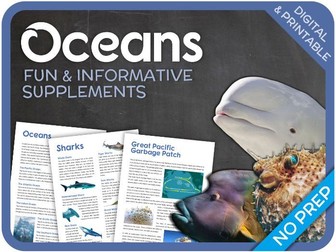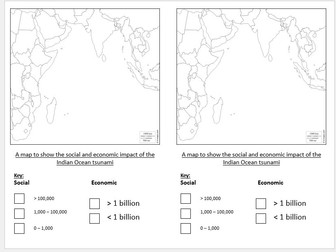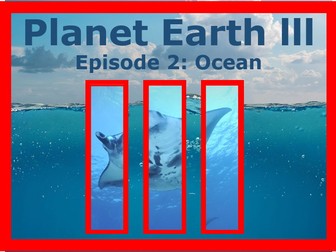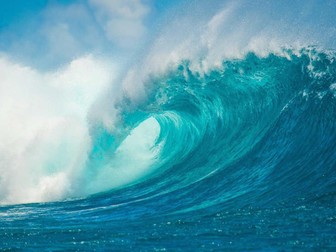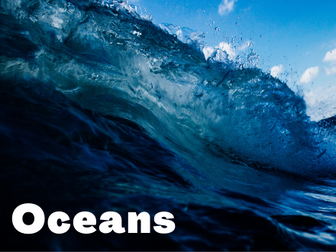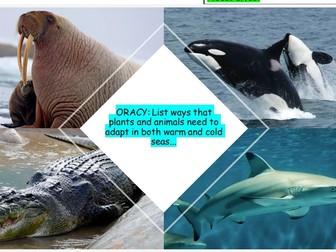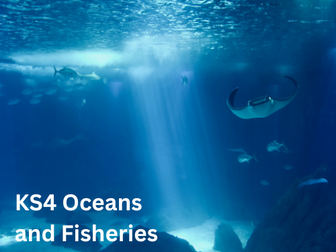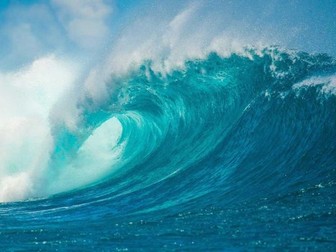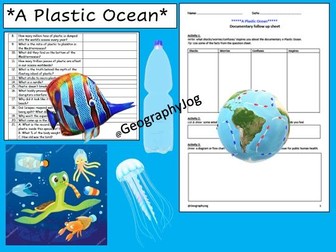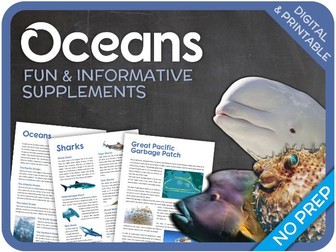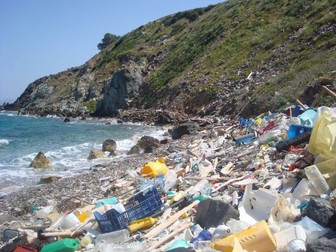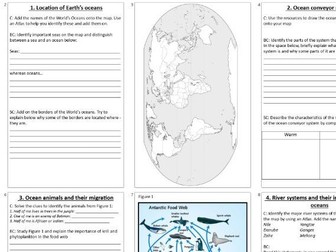
Oceans
Let’s learn about Oceans!
This worksheet includes 21 pages with a wide variety of activities and exercises about the oceans. The materials have informative exercises about the things that are related to the oceans, such as the Great Pacific Garbage Patch, tides, the rising sea level, tsunamis, whales, over-fishing and many other things! Crosswords, word searches, puzzles and other kinds of activities are included to make it a fun and interesting class.
GOOGLE SLIDES WITH PREMADE TEXTBOXES INCLUDED!
Overview:
Page 1-2: Introduction
Page 3: Tides
Page 4: Oceans and climate
Page 5-6: Rising sea level
Page 7-8: Great Pacific Garbage Patch
Page 9-10: Overfishing
Page 11-12: Tsunamis
Page 13-16: Whales & Sharks
Page 17-18: Strange Sea Creatures
Page 19-20: Great Barrier Reef
Page 21: Reflection
The answers and an answer sheet are included.
You can save money by purchasing the Geography Bundle!
Geography Bundle (Nature, Oceans and Natural Disasters)
You might also like these worksheets:
Oceans (fun stuff)
Nature
Continents
Tsunamis
Natural Disasters
Keywords:
Pacific Ocean, Atlantic Ocean, Indian Ocean, Arctic Ocean, Southern Ocean, continents, Ocean tides, Moon, CO2, Rising sea level, Conveyor belt, Coral reef, Sea animals, Tsunami, Sharks, Whales, Over-fishing.
